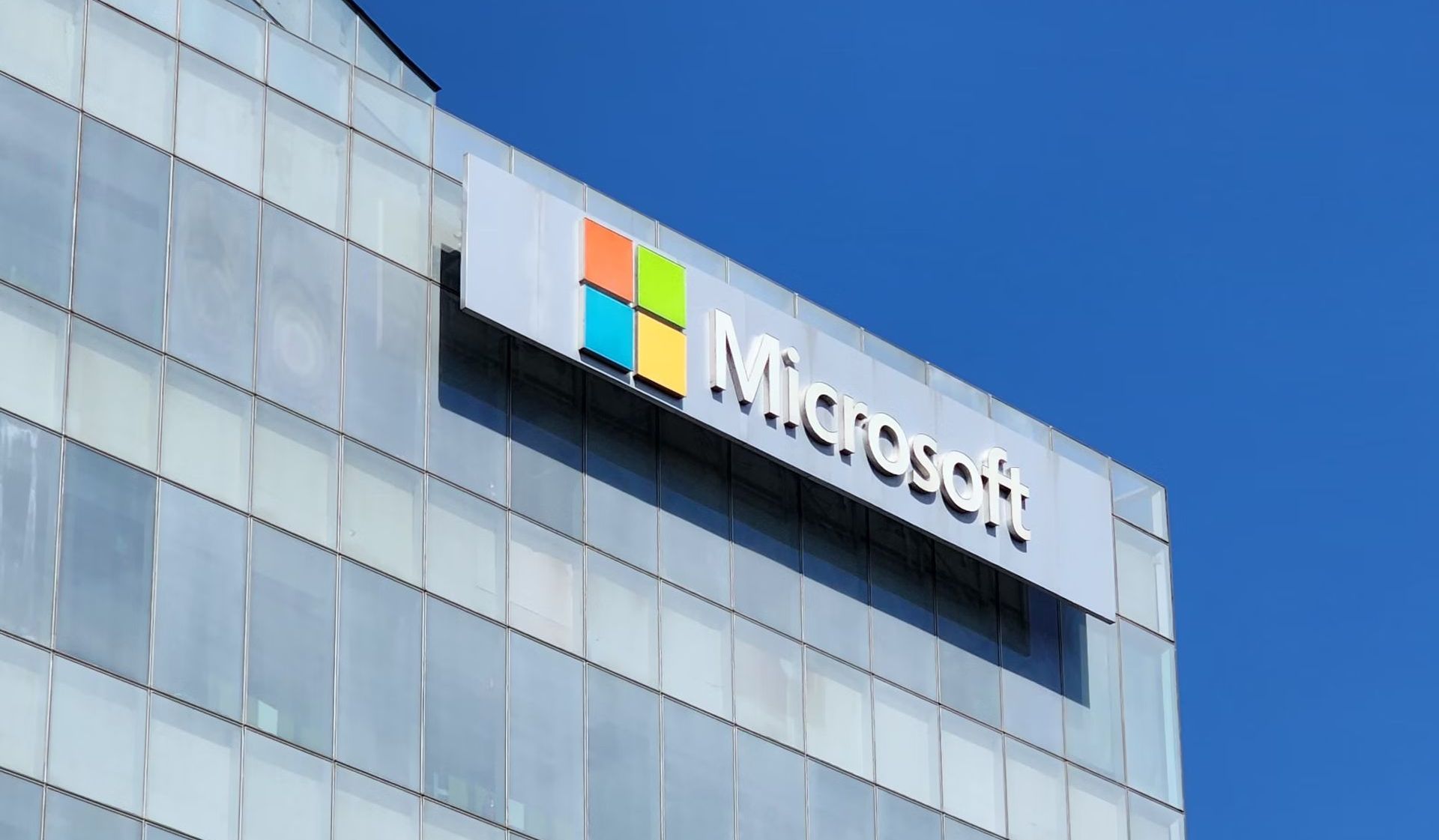Why Microsoft is outspending big tech on Nvidia AI chips

Microsoft Corp. has acquired approximately 485,000 of Nvidia’s “Hopper” AI chips this year, leading the market by a significant margin according to Financial Times. The company aims to enhance its artificial intelligence capabilities, particularly within its Azure cloud services. This strategic investment positions Microsoft ahead of competitors like Meta Platforms, which purchased 224,000 chips, and Amazon and Google, which acquired 196,000 and 169,000 chips, respectively.
Microsoft acquires 485,000 Nvidia AI chips to boost AzureAnalysts at Omdia reveal that Microsoft’s chip orders exceed those of its closest competitors, indicating its aggressive push in AI infrastructure development. Microsoft is looking to cultivate its AI services, leveraging technologies from OpenAI, in which it has invested $13 billion. This year, tech companies collectively spent tens of billions of dollars on data centers equipped with Nvidia chips, with forecasts suggesting an estimated $229 billion in spending on servers in 2024. Microsoft alone is expected to contribute $31 billion to this total.
The dominance of Nvidia in the AI chip market is evident, with the company boasting $35.1 billion in revenue for the third quarter, driven largely by data center sales which accounted for $30.8 billion. Despite Nvidia’s tight grip on the industry, competitors like AMD are making strides. Omdia reports that Microsoft purchased 96,000 AMD MI300 chips while Meta acquired 173,000 of the same chips in cooperation with AMD’s technological advancements.
The demand for advanced graphics processing units has outpaced supply, solidifying Nvidia’s position as a key player in AI advancements. This dynamic means that Microsoft’s strategic chip acquisitions will likely serve to strengthen its AI framework. However, while these chips offer significant power, challenges persist. Nvidia has faced reports of overheating issues with its upcoming Blackwell AI chips, which could potentially impact companies deploying them, including Microsoft and Meta.
The startups Nvidia thinks are the future of AI
Despite these challenges, Microsoft continues to heavily invest in building out its data center infrastructure. Alistair Speirs, Microsoft’s senior director of Azure Global Infrastructure, noted that constructing effective data center infrastructure is capital intensive and requires multi-year planning. This forward-thinking approach is crucial, especially as the competition intensifies among tech giants like Google, Amazon, and emerging startups such as Anthropic and xAI.
AI chip development is under continuous scrutiny, particularly as tech companies strive to reduce reliance on Nvidia. Google is investing significantly in its tensor processing units (TPUs), while Meta has recently rolled out its Meta Training and Inference Accelerator chips. Additionally, Amazon is developing its Trainium and Inferentia chips. Amazon has announced plans to create a new data processing cluster featuring hundreds of thousands of its latest Trainium chips for Anthropic, showcasing a commitment to AI infrastructure.
Microsoft’s reliance on Nvidia’s chips does not preclude it from developing its own AI accelerators, with currently around 200,000 Maia chips installed. Speirs emphasized the necessity of integrating Nvidia’s technology with Microsoft’s own advancements to deliver unique services to customers. Building comprehensive AI infrastructure encompasses not only robust processing power but also integrated storage components and software layers, highlighting complexities in the system’s architecture.
Featured image credit: Sam Torres/Unsplash
